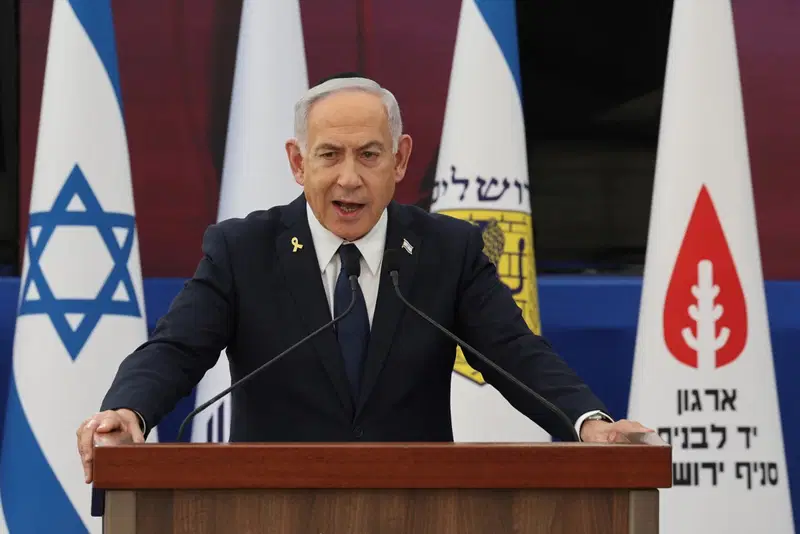Israel on Saturday rejected a renewed promise by Syria’s interim President, Ahmed al-Sharaa, to safeguard minority groups following a wave of deadly sectarian clashes, describing the situation for minorities in Syria as perilous.
Violence has engulfed the southern province of Sweida, with more than 700 fatalities reported since Sunday as intense fighting erupted between Druze residents and Sunni Bedouin tribes.
The conflict has drawn in the Islamist-led Syrian government, Israeli forces, and various tribal militias from across the country.
Foreign Minister Gideon Saar took to social media platform X to respond to the crisis, “Bottom line: In al-Shara’s Syria, it is very dangerous to be a member of a minority, Kurd, Druze, Alawite or Christian,” Saar wrote.
“This has been proven time and again over the past six months,” he added.
Saar further emphasized the role of the international community, urging global powers to intervene, “The international community had ‘a duty to ensure the security and rights of the minorities in Syria and to condition Syria’s renewed acceptance into the family of nations on their protection,’” he stated.
On Saturday, Syrian interior ministry units began moving into the Druze-majority region under a ceasefire arrangement brokered by the United States.
The deal is aimed at preventing further Israeli military action.
Earlier in the week, Israeli airstrikes targeted Syrian defence forces in both Sweida and Damascus. The strikes came after allegations emerged that government troops had carried out summary executions and other abuses against Druze civilians during their brief deployment.
Israeli authorities, citing their duty to protect their own Druze population, defended the air raids.
However, some analysts and foreign diplomats contend that Israel’s deeper objective is to undermine Syria’s military capabilities.
With President Sharaa’s Sunni Islamist movement having ousted Iran-backed Bashar al-Assad in December, Israel is believed to see an opportunity to weaken a long-standing regional rival during a moment of vulnerability.
